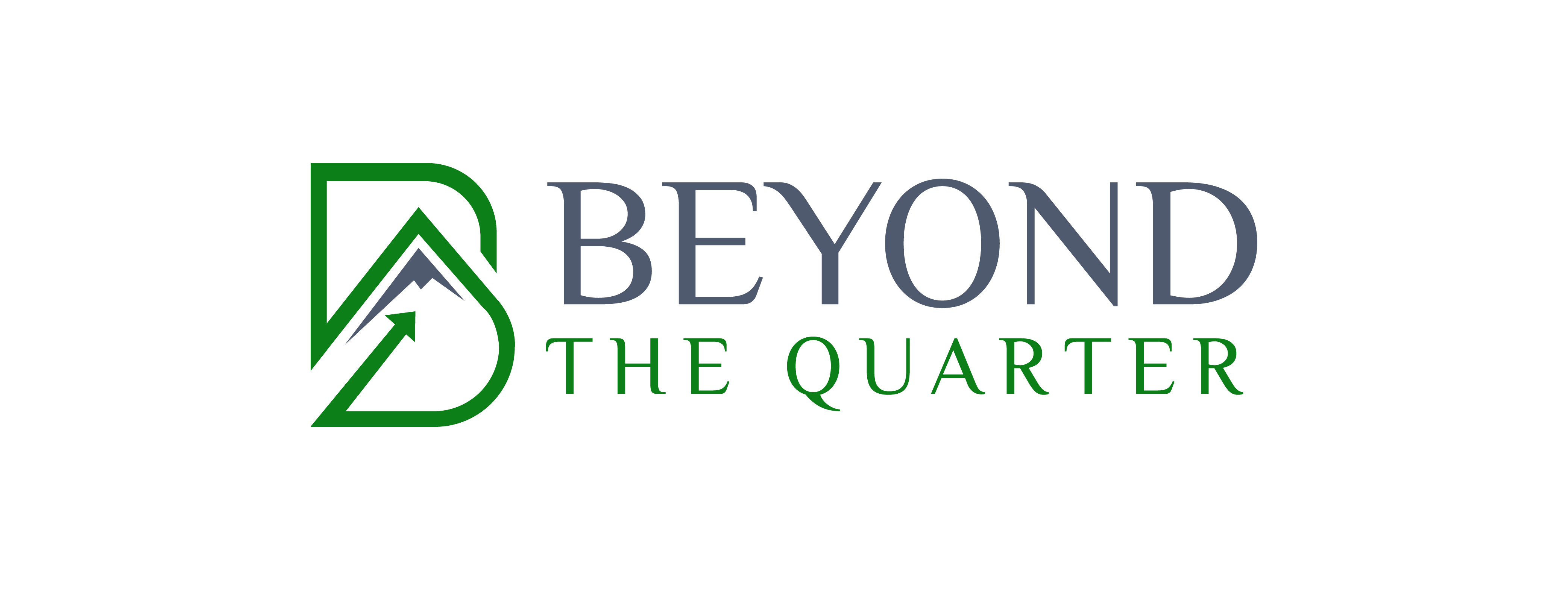Love, hate or ignore him, there is much to be learned about negotiation from the Windsor Framework negotiated by Sunak and von der Leyen. Here are some key ones I take away.
By way of additional context, we run a consulting training course, and within that, there’s a module on negotiation. When I go through the list of what to do and what not to do, I used to pull out the post-Brexit negotiations (on all sides) as a prime example of how not to get to a negotiated agreement.
Last couple of years I’ve stopped talking about it, as it was no longer topical. And to be honest, I was a bit bored by it!
But Sunak and von der Leyen have brought it back on the agenda in a positive way. Here’s where they succeeded, and conversely where the former cast failed.
- Smile. The smiles seemed more genuine from the very outset in Egypt. It seems simple, but smiling (and being genuinely human) starts a negotiation from a place of positivity rather than conflict.
- Don’t play to an audience. Much of the negotiation was done in secret. This allowed them to focus on the issues rather than on playing to a divided public in the UK, or 27 countries in the EU. If you’re going into a negotiation with a client, try to start with one person, and if it gets very contentious, bring it back down to as few people as possible. If you’re negotiating with a CEO or anyone who has a team, if their team is there, they will usually feel like they need to prove a point to that team and look “leaderlike”. That’s a very different mindset to the creative one you will both need if you’re to solve problems.It’s not over. There’s still the DUP, Boris and other critics to fight. But if they ‘d been throwing rocks in the early days, when the discussions were still more fragile and expansive, they’d have not got here.
- Issues not positions. The previous point leads to this. Negotiations fail most when people start to adopt dogmas and positions. They work best when people discuss issues and get creative about how to solve them.
- Get creative. The beauty of the Windsor Framework is its simplicity. Which comes from a place of creativity. You can always choose what to accept or not, but if you’re not thinking creatively in sticky situations, you won’t get an outcome.
- Relationship, not transaction. I could not help but feel that in this negotiation, both parties were looking at what the long-term relationship between the EU and UK should look like – what do we want out of the relationship, not what do we want from this one specific transaction. Transactional negotiation usually ends in a winner and a loser. While that may help you thump your chest in victory, it will be short-lived as the “loser” will not want to work with you beyond this deal. And nor should they.
- What do we have in common. Start a negotiation with what we have in common, not what tears us apart. The EU and UK had recently taken strong joint stands on the Ukraine and other topics. Starting the negotiation from there build trust and positivity.
- Solve, don’t win. Finally, a cliche which is no less real for being a cliche is to go for win-win. If what we’re after is a long-term relationship, we need to both get value from it. So this means I’d look at the negotiation as a problem to solve, rather than a fight to win. It’s you and I are on the same side solving a problem rather than you and I on opposite sides trying to make the other side lose.
There’s so much more than this – but even at this high level, you could see why this one worked (so far, fingers crossed), and previous attempts had failed. And a masterclass that we can apply to our own negotiations – clients, spouses, children!
How we can support you
- Join us to support you as you scale your company; create time to focus on the bigger picture; and keep values and purpose at the core.
- Subscribe to our Bite-Sized Business Tips - thought snippets for values-centred business leaders. Every few days, a short focussed read on a specific topic of how to lead a company that values both profit and purpose.
- Talk to us to explore how we can help you scale your company in the direction you want to take it.
